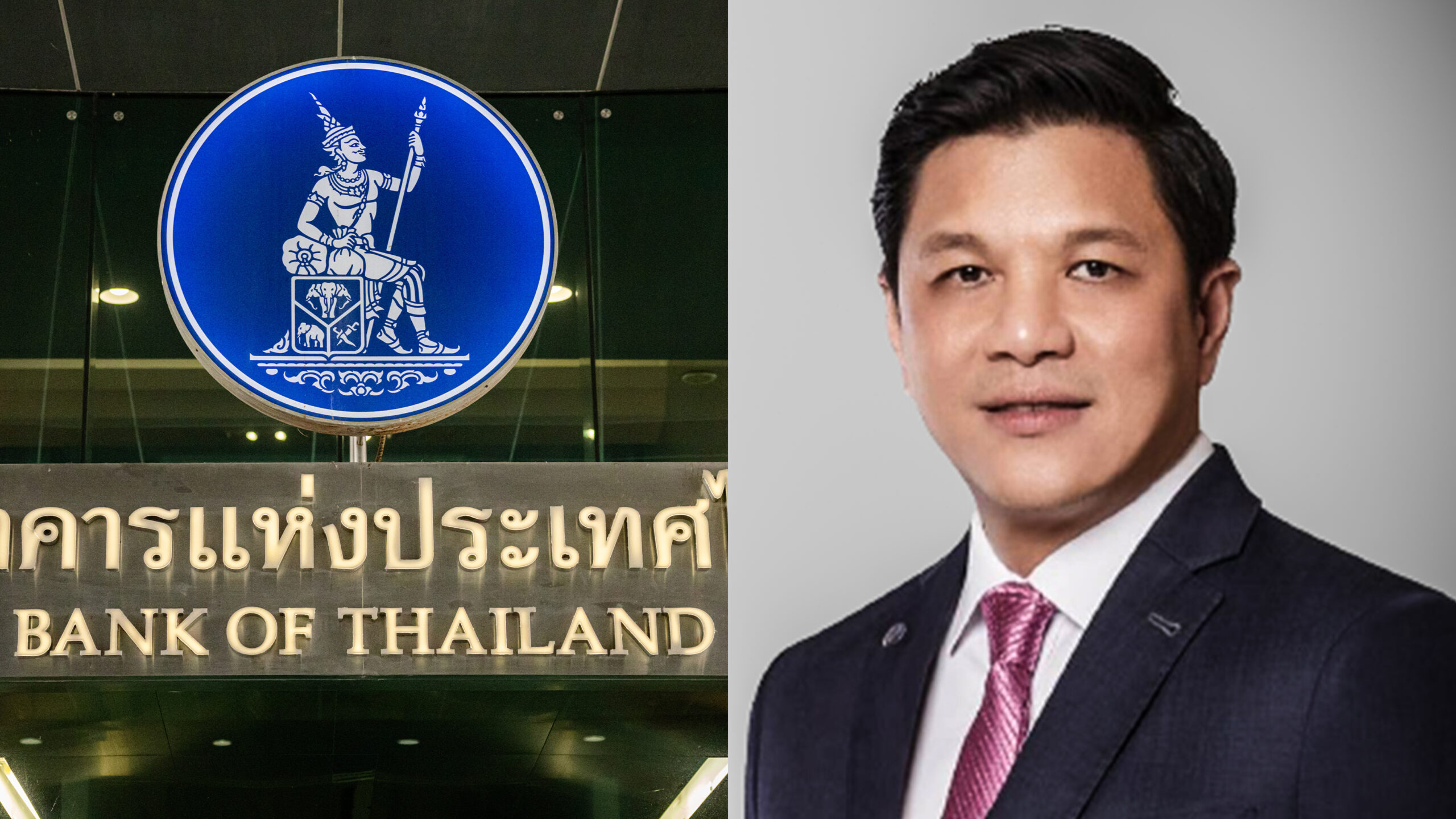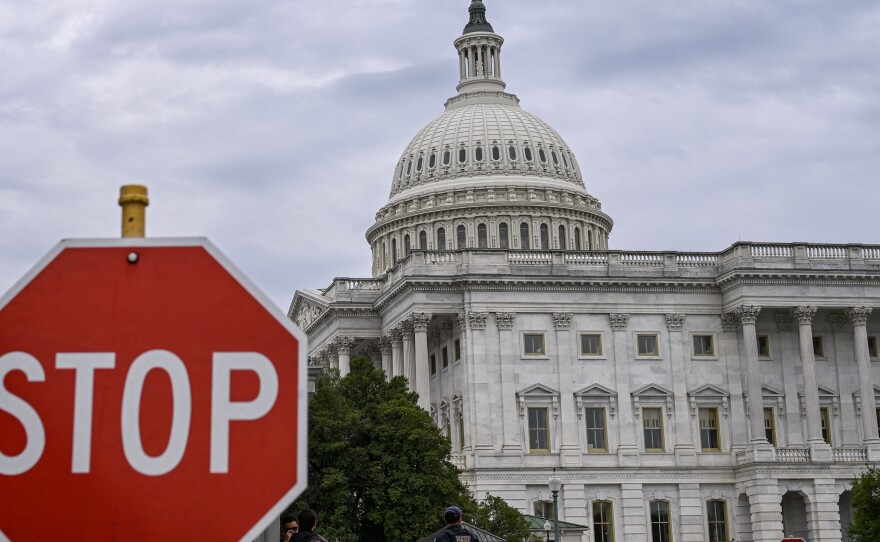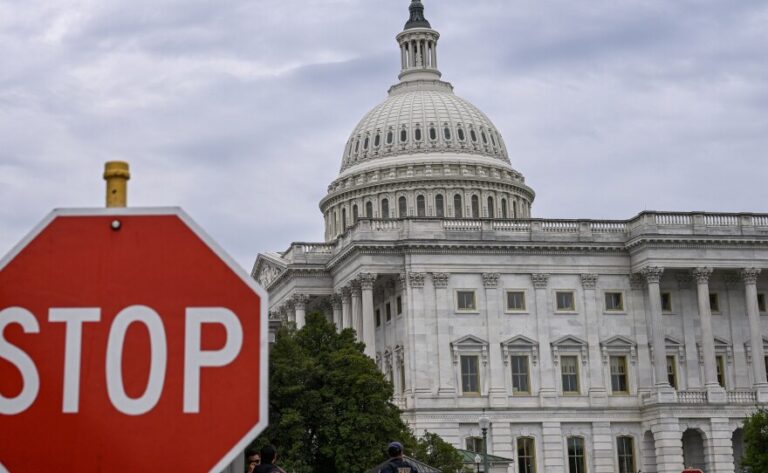Thailand’s cabinet has officially approved Vitai Ratanakorn as the country’s next central bank governor, marking a significant shift in the nation’s monetary policy leadership. The appointment, announced on Tuesday, July 22, 2025, sets the stage for a new era at the Bank of Thailand (BOT) as the country grapples with economic challenges.
The 54-year-old Vitai, currently serving as president and CEO of the Government Savings Bank (GSB), Thailand’s largest state-owned lender, will assume his new role on October 1, 2025, pending royal endorsement. He will succeed Sethaput Suthiwartnarueput, who cannot seek a second term due to reaching retirement age.
A Veteran Banker with Government Experience
Vitai brings extensive experience from both the private and public sectors to his new position. His career highlights include:
- Current role as President and CEO of Government Savings Bank
- Former Secretary-General of the Government Pension Fund (2018-2020), managing assets worth approximately 1.4 trillion baht ($43 billion)
- Previous positions at Charoen Pokphand Group and budget carrier Nok Air, where he served as Chief Financial Officer from 2011-2014
- Educational background spanning economics and law from Thailand’s prestigious Chulalongkorn and Thammasat universities, plus finance studies at Drexel University in the United States
A former colleague described Vitai as “more of a practicalist than a theorist, focusing on getting the job done” and praised him as a team player who prefers working with consensus.
Economic Challenges Ahead
The incoming governor faces a daunting economic landscape that will test his pragmatic approach. Vitai himself acknowledged the difficulties ahead, stating last week, “We must accept that the Thai economy is not doing so well. And what is worrying is the sluggishness that may be prolonged.”
Key challenges confronting Thailand’s economy include:
- Stalled growth in Southeast Asia’s second-largest economy
- Ongoing tense negotiations with the United States over trade tariffs
- Tepid industrial sentiment and consumer spending
- High household debt levels
- Underperforming critical sectors, including tourism and manufacturing
A Pro-Growth Monetary Policy Stance
Vitai has already signaled his prescription for Thailand’s economic ailments: more aggressive interest rate cuts. This stance aligns more closely with the government’s pro-growth agenda, potentially easing tensions that have characterized the relationship between the current administration and the outgoing governor.
The Bank of Thailand has implemented rate cuts in October 2024, February 2025, and April 2025, but left rates unchanged in its most recent meeting, emphasizing the need to preserve policy ammunition for future challenges.
Political Context and Independence Concerns
Vitai’s appointment comes after a contentious selection process that highlighted tensions between the government and the central bank. The Finance Ministry, led by Pichai Chunhavajira, chose Vitai over Dr. Roong Mallikamas, the BOT’s deputy governor and a central bank veteran.
The selection has raised questions about the future independence of the Bank of Thailand, particularly given:
- Previous clashes between the government and outgoing Governor Sethaput over monetary policy
- The controversial attempted appointment of former Finance Minister Kittiratt Na-Ranong as BOT board chairman, which drew protests from over 800 economists and four former governors
- Public criticism from Pheu Thai leader Paetongtarn Shinawatra, who characterized the BOT’s independence as a “difficulty” to economic recovery
Market Expectations and Analysis
Financial analysts expect Vitai’s appointment to improve coordination between the central bank and the Pheu Thai party-led government. His background as a government banker and his expressed views on monetary policy suggest a more accommodative stance that could support the administration’s economic agenda.
Thirachai Phuvanatnaranubala, a former Thai finance minister, noted that “Vitai’s long experience as a government banker should help him manage relationships with senior finance ministry leadership.”
Looking Ahead
As Thailand stands at an economic crossroads, Vitai’s appointment represents more than just a change in monetary policy leadership. It signals a potential shift in the delicate balance between central bank independence and government influence over economic policy.
The new governor’s ability to navigate these competing pressures while addressing Thailand’s economic challenges will be crucial in determining the country’s financial trajectory in the coming years. With his term set to begin on October 1, 2025, all eyes will be on how Vitai translates his pragmatic approach into concrete monetary policy actions.
Background: The Selection Process
The appointment concludes a months-long selection process that began in March 2025 when Finance Minister Pichai Chunhavajira announced the formation of a selection committee. The process was chaired by Sathit Limpongpan, a former permanent secretary in the Finance Ministry.
The selection was initially expected to be announced a week earlier but was unexpectedly delayed, adding to speculation about the final choice. The cabinet’s approval on Tuesday ended the uncertainty, though the appointment still requires royal endorsement before becoming official.
As Thailand prepares for this transition in monetary leadership, the appointment of Vitai Ratanakorn marks a pivotal moment that will shape the nation’s economic policy direction for the next five years.














